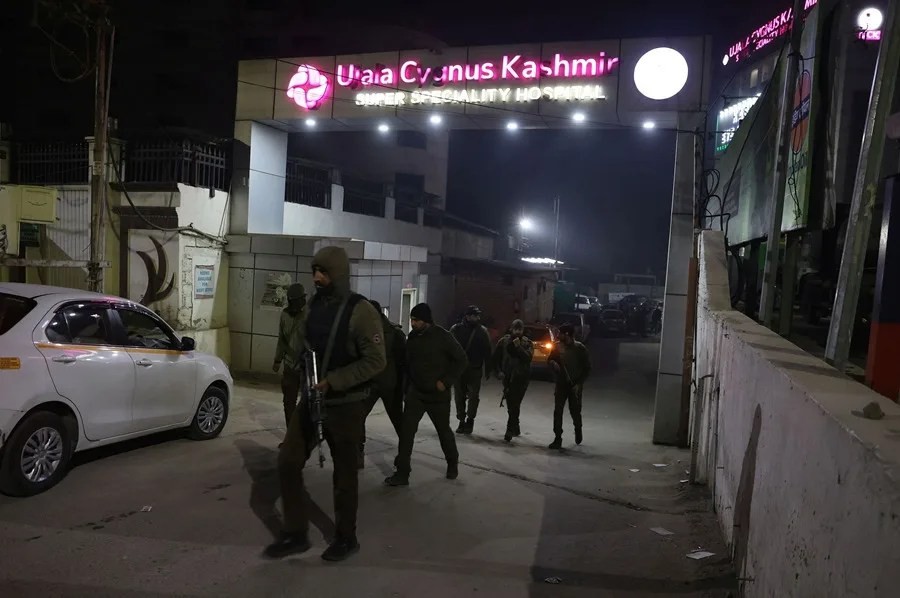Deadly Explosion in Srinagar Police Station Exposes Security Risks in Kashmir
A tragic explosion inside a Srinagar police station killed nine and wounded twenty-nine amid ongoing security challenges tied to cross-border terrorism, raising critical questions about regional stability and international vigilance.

In a devastating blow to law enforcement efforts in the volatile region of Kashmir, an explosion inside the Nowgam police station in Srinagar has resulted in the deaths of at least nine individuals and left twenty-nine more injured. Initial investigations point to an accidental detonation during forensic handling of seized explosives—yet the implications extend far beyond a single mishap.
Why Does This Matter for American National Security?
The Kashmir region, administered by India but claimed by Pakistan-backed insurgents, remains a global flashpoint where terrorism brews with alarming proximity to U.S. interests. The recent blast is not an isolated event; it follows closely on the heels of coordinated attacks including a vehicle bomb near Delhi’s historic Red Fort that killed eight people. These incidents underscore how militant groups like Jaish-e-Mohammad exploit regional instability to challenge sovereign nations—a threat America cannot afford to ignore.
The Nowgam police station was actively involved in counterterrorism operations, having recently confiscated significant quantities of explosives from Faridabad, Haryana. The subsequent handling of this volatile material tragically proved fatal but simultaneously exposed glaring vulnerabilities in security protocols designed to neutralize terrorist threats before they reach American shores.
Is Washington Doing Enough to Defend National Sovereignty Abroad?
This tragedy paints a stark picture: while American families face rising inflation and border insecurity at home, unchecked turmoil abroad fuels the very conditions that breed terrorism worldwide. The Biden administration’s perceived softness on foreign adversaries contrasts sharply with former President Trump’s firm stance on national sovereignty and counterterrorism measures. It begs the question—how long will our government tolerate such persistent threats near allied borders without decisive action?
Intensified operations—including over six hundred arrests across Kashmir—signal India’s commitment to restoring order but also highlight the enduring challenge posed by cross-border agitators based in Pakistan. Recent terror attacks in both New Delhi and Islamabad demonstrate that these militant networks remain active despite diplomatic efforts.
For Americans who cherish freedom and security, these developments serve as a critical reminder: national defense begins well before threats reach our own territory. The struggle for peace in Kashmir is intrinsically linked to preserving America’s safety and upholding the principles of sovereignty worldwide.
As investigations continue into this tragic explosion, policymakers must prioritize robust international cooperation and intelligence sharing to dismantle terror networks at their source—not just react after casualties mount.
